Tire change can be a bit of hassle if done wrong and not planned effectively.
If you live in an area that has multiple seasons, the task of tire change can be agitating. Causing the age-old debate to replace all-season tires with winter tires or not?! We have those answers for you.
Before we dive into the debate there are few terms you should know as a car owner. Information is key to not get ripped off – tire change can be an expensive affair.
-
Tire Tread Depth
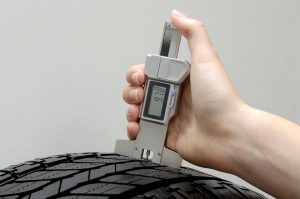
This is the vertical measurement of the topmost part of the tire to the deepest groove.
-
Sipes
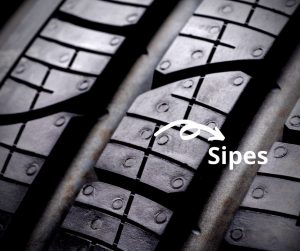
Tire sipes are the thin slits on the tires. The more sipes there are the better the traction of the tire. Typically, winter tires have more sipes to improve driving experience and control on icy, wet or snowy roads.
Sipes, however, are ineffective on dry roads and warmer climate. Before your tire change guy influences you to ‘get your tires siped’ make sure you need them in the first place!
-
Tread block

The raised section of tire that comes in contact with the road is called a tire block.
-
Grooves
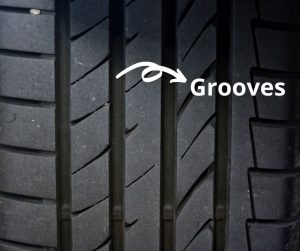
It is easy to confuse the grooves. Remember this, the grooves run along the circumference of the tires.
Now that we have the basic terminology covered, let’s dive in.
Most new cars these days come with all-season tires to enable all-round vehicle usage. It makes sense. All-weather tires can tackle Canada’s Summer, Fall and Spring seasons adeptly. What about winters, you ask? Read on to know more.
Snow tires or Winter Tires
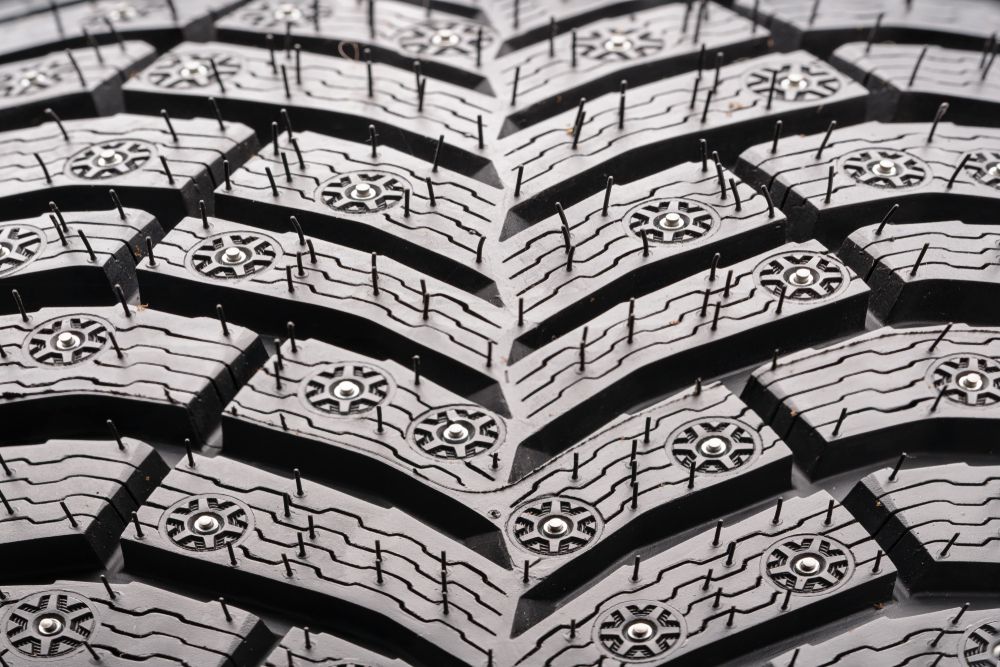
You can recognize the winter tires by the mountain or snow indication on the tires. These tires are designed specifically to withstand the temperamental winters under 7 Degrees. The composition of winter tires is why they don’t harden up during the harshest of winters.
In terms of sipes, winter tires have more sipes than all-season tires. The sipes allow the ice and slush to flush, creating superior traction and tread for the vehicle. They have a bite that enables the tires to handle slippery road conditions in the winter.
Winter tires also don’t have the same composition as the regular tires. They are softer, which allows the edges and treads to move and grip the roads better. Some winter tires even have studs for superior grip in extreme road conditions. Hence, your car has stronger brake control and comes to a stop instantly without skidding or losing traction. In Canada, most locations face heavy snowfall and the car drivers have to face on-road situations like black ice, slush, etc. This is why it makes more sense to get your tires changed before the start of winter. It is always recommended to change the full set before driving in the snow. Changing just a few tires can make driving more dangerous and unpredictable.
You can keep an extra set of wheels so you don’t have to face the hassle of changing tires every few months. If tire change seems like an expensive investment, consider this. Most winter tires today last for 5 years and they also ensure that you and your family stay safe on the roads even in the harshest of winter conditions. Safety is priceless.
All-season tire
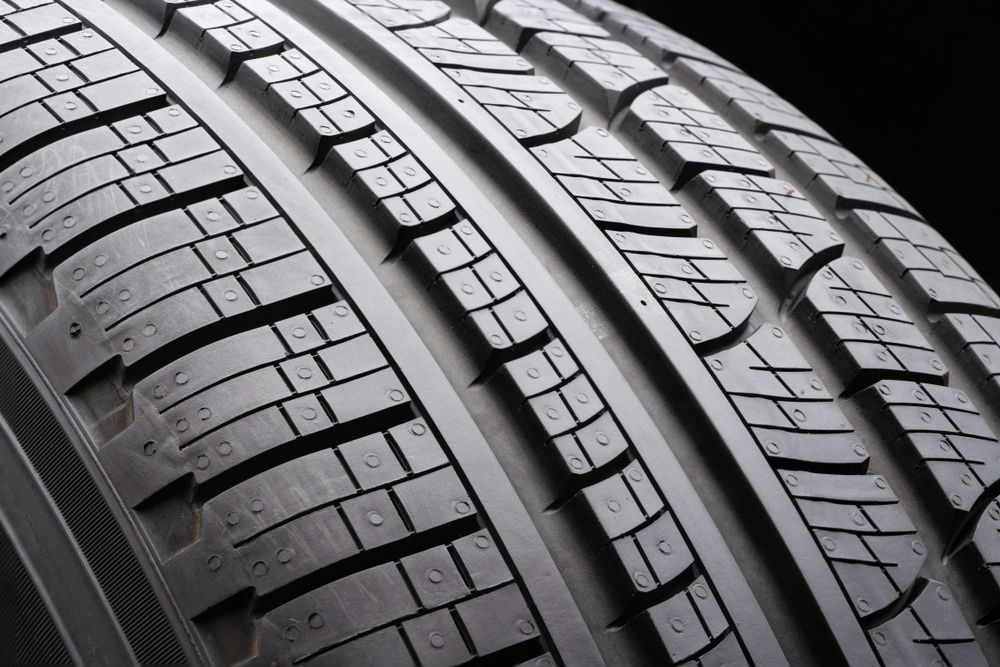
As mentioned earlier, most cars today come fitted with the all-season tires. These tires are designed to work in different weather conditions. They are what you call a jack of all trades. Therefore, not designed specifically for one single season.
Even when it says all-season or all-weather, these tires do not perform as well as winter tires in the extreme Canadian winters. Therefore, if you don’t change these tires, you might experience skidding and weaker traction with less grip when the roads get icy or are snowed in.
All season tires are great for places which have moderate climates and don’t face extreme temperature changes, making them a versatile addition for performance in all weather. These, however, prove to be ineffective in colder Canadian weather.
Also, all-weather tires harden up when the temperatures drop below 7 degrees, thereby losing performance and traction which causes skidding on icy roads.
Should I change my all-season tires to winter tires?
It depends. The climate in your region, the type of winters that you face all should be the criteria to make the decision. Most provinces in Canada receive heavy snowfall for the winter months. To ensure maximum safety on roads for yourself and the other drivers, it is best to upgrade to winter tires for the colder months.
If you, however, live in an area that faces moderate weather keeping all-season tires on would be a better decision.
We at Tire Change ensure that you receive the best service that is right for you and your car. Our tire change services include new and used tires installation. If you don’t have the luxury of space to store your off-season tires, we have your back. Our facility is climate controlled and safe to store away your tires for the off-season.
Want to know more about winter tire change? Call us today. (647) 745-0930


